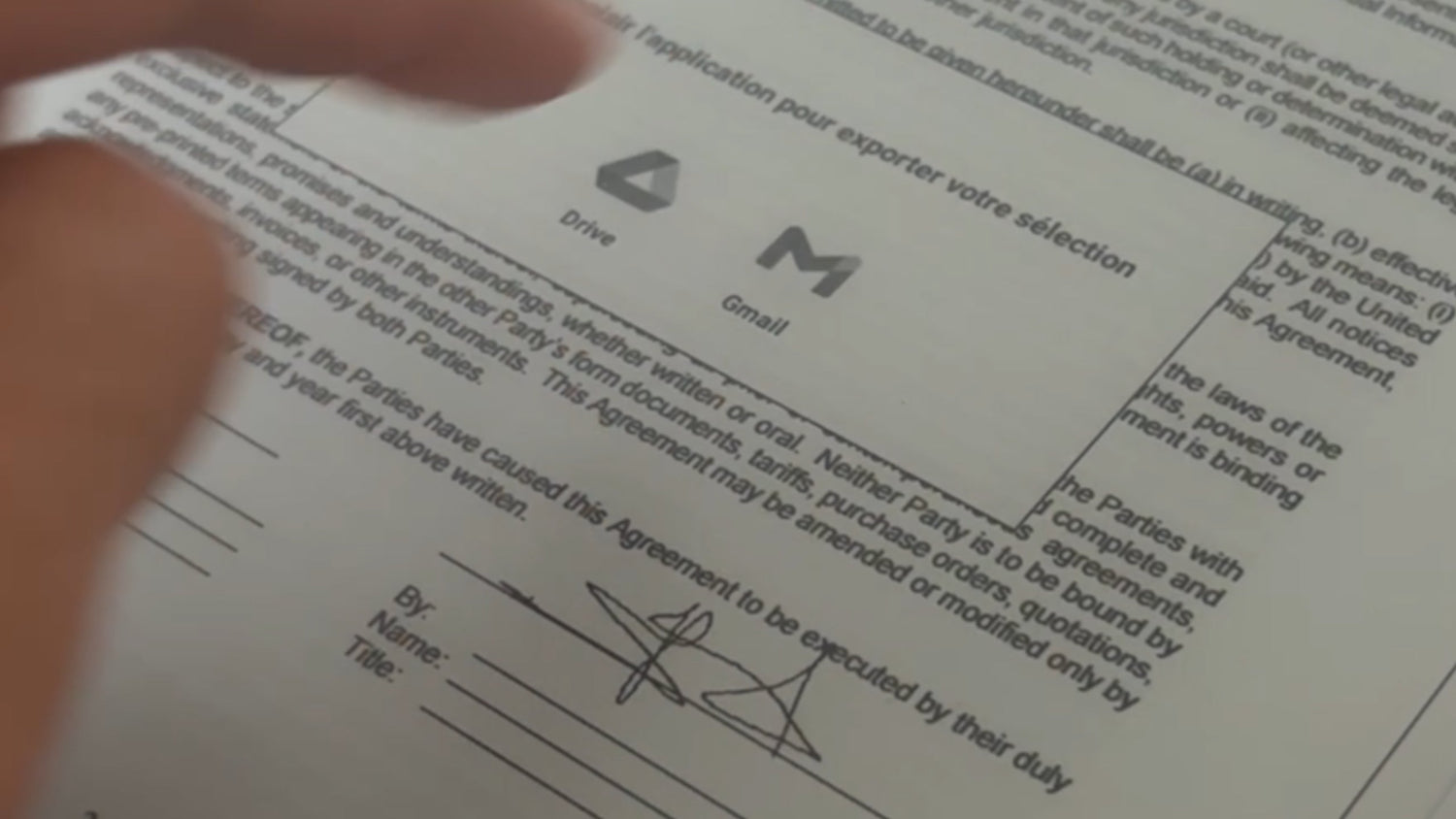Why Handwritten Note-Taking Remains Essential for Notaries, Balancing Etiquette, Trust, and Authenticity
A meeting with a notary is never a trivial encounter. Whether it is for a real estate sale, a marriage contract, or a succession agreement, each step is governed by strict procedures and carries a solemn weight. In this context, the way notes are taken is far from irrelevant. While opening a laptop may seem practical, in a setting where trust and concentration are paramount, handwriting remains the most appropriate practice.
A Matter of Etiquette and Perception
The notary is a public officer entrusted with guaranteeing the validity of legal documents, advising the parties, and ensuring that everyone fully understands the implications of their commitments. Within such a framework, the presence of a screen can sometimes be perceived as intrusive. A laptop diverts the gaze, interrupts eye contact, and may give the impression that attention is divided.
By contrast, handwriting conveys active listening and respect. Cognitive science research has repeatedly shown that writing by hand promotes deeper comprehension and information retention, whereas typing often leads to more mechanical, less reflective note-taking. This reinforces the idea that handwriting remains more credible and better aligned with the solemn nature of a notarial appointment.
The Reliability and Added Value of Paper
Paper also offers a practical advantage: it never runs out of battery, crashes, or distracts with notifications. A pen and notebook guarantee fluidity in the exchange. This reliability is particularly valuable in moments when every clause of a contract is read aloud, explained, and validated in detail.
Although authentic acts can now exist in electronic form, they still retain their unique legal force, including probative value, certainty of date, and enforceability. Client notes, while not legally binding, serve as a valuable personal reference to clarify explanations, prepare questions, or revisit key points after signing.
Tradition and Modernity, a Delicate Balance
Digital tools are not absent from the notarial world. Preparing meetings, sharing documents, or signing electronic acts are already integrated into modern practice. However, the heart of the appointment remains marked by the solemnity of spoken words and gestures. In this setting, returning to handwritten notes honors a tacit protocol that inspires confidence, while ensuring stronger understanding and attention.
Paperslate, Handwriting with a Digital Edge
This is precisely where Paperslate comes in. Our digital notebook allows you to write by hand with the same freedom as pen and paper, while providing advanced features that address the needs of legal professionals.
Handwritten notes, including those taken during notarial meetings, can be instantly transcribed into Word or PDF files. Documents can be imported, annotated directly on the device, and even signed digitally. Once finalized, they can be exported in a single click via email or synchronized seamlessly with a computer.
This unique approach preserves the authenticity of handwriting, essential in a professional and official setting, while integrating fully into the modern digital environment. Paperslate offers the best of both worlds: respect for traditional codes of the profession, combined with the speed and efficiency of technology.
Sources
- French Public Service, Role of the notary and authentic acts: service-public.fr
- Notaries of France, Authentic acts: notaires.fr
- Mueller, P. A., & Oppenheimer, D. M. (2014). The Pen Is Mightier Than the Keyboard: Advantages of Longhand Over Laptop Note Taking. Psychological Science.
- Norwegian University of Science and Technology (NTNU, 2020), Handwriting vs typing: different brain processes



Leave a comment
This site is protected by hCaptcha and the hCaptcha Privacy Policy and Terms of Service apply.